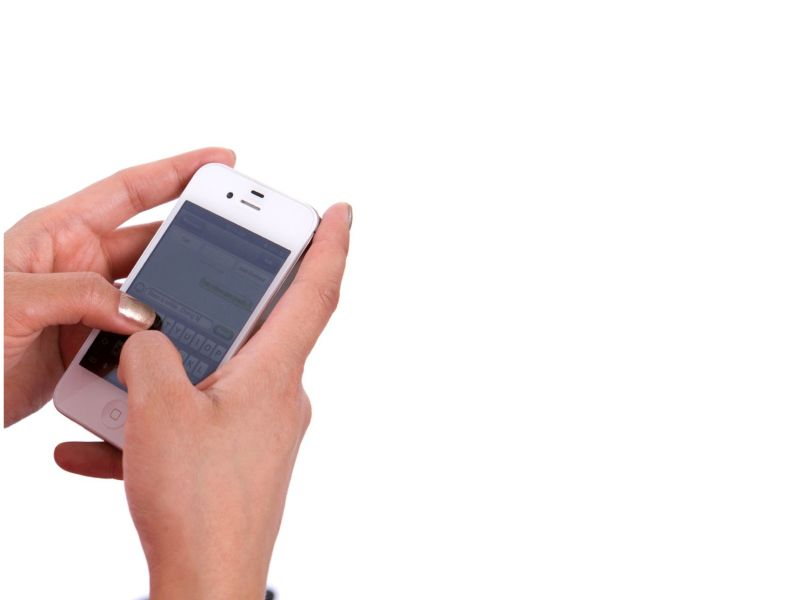

Smartphones May Hinder a Good Night's Sleep
Study suggests a link between the devices and troubled slumber
Wednesday, November 9, 2016


WEDNESDAY, Nov. 9, 2016 (HealthDay News) -- If you're in need of a good night's sleep, it might be wise to give your smartphone a rest from time to time.
New research suggests that the light from smartphones, especially before bedtime, may affect how long and well you sleep.
During the month-long study, participants used their cellphones an average of 38 hours -- nearly 4 minutes each hour. And the more screen-time people spent with their phones, the poorer and shorter their sleep, particularly if they used their smartphones near bedtime, the researchers said.
"A substantial amount of our time is spent engaging with smartphones," said study senior researcher Dr. Gregory Marcus. "These may have important health effects, including influencing fundamental needs, such as our ability to acquire and maintain a good night's sleep," added Marcus. He is director of clinical research in the division of cardiology at the University of California, San Francisco.
Fitful sleep has been linked to health problems such as obesity, diabetes and depression, the study authors said.
Marcus cautioned, however, that the study didn't prove that smartphones have a negative effect on sleep, only that the two seemed to be associated.
But, several prior studies have suggested that the blue light from electronic devices such as smartphones and tablets can overstimulate the brain, making a good night's sleep elusive.
"These data [from the new study] suggest that reducing screen-time, particularly prior to bedtime, may help enhance the duration and quality of sleep," Marcus said.
He added, though, that it's important to acknowledge a limitation of the study.
"We cannot exclude the possibility that those with difficulty sleeping -- for some reason unrelated to their smartphones -- spend more time on their phone as a result, rather than a cause, of their inability to sleep," Marcus said.
The study findings were published online Nov. 9 in the journal PLOS ONE.
For the study, Marcus and his colleagues recorded smartphone use and sleep quality among approximately 650 adults who took part in the Health eHeart Study.
The participants used a smartphone app that recorded their screen-time, which was defined as the number of minutes in each hour that the screen was turned on during the one-month period. They also recorded their sleep hours and sleep quality.
"Those with more screen-time exhibit shorter sleep and reduced sleep quality," Marcus said. "Increased screen-time just around bedtime, in particular, was strongly associated with poor-quality sleep," he added.
Kristen Knutson, a research fellow at the National Sleep Foundation, said, "Sleep quality plays a critical role in our health and well-being. Given how pervasive mobile devices are today, we need to know how much of an impact our use of these and other backlit technologies has on our sleep quality."
Despite the study's limitations, Knutson said the "question remains an important one, and well-designed studies to test the effect of illuminated screens on our sleep are needed urgently."
SOURCES: Gregory Marcus, M.D., director, clinical research, division of cardiology, University of California, San Francisco; Kristen Knutson, Ph.D., research fellow, National Sleep Foundation, Washington, D.C.; Nov. 9, 2016, PLOS ONE, online
HealthDay
Copyright (c) 2016 HealthDay. All rights reserved.
News stories are provided by HealthDay and do not reflect the views of MedlinePlus, the National Library of Medicine, the National Institutes of Health, the U.S. Department of Health and Human Services, or federal policy.
- More Health News on:
- Sleep Disorders




























.png)











No hay comentarios:
Publicar un comentario